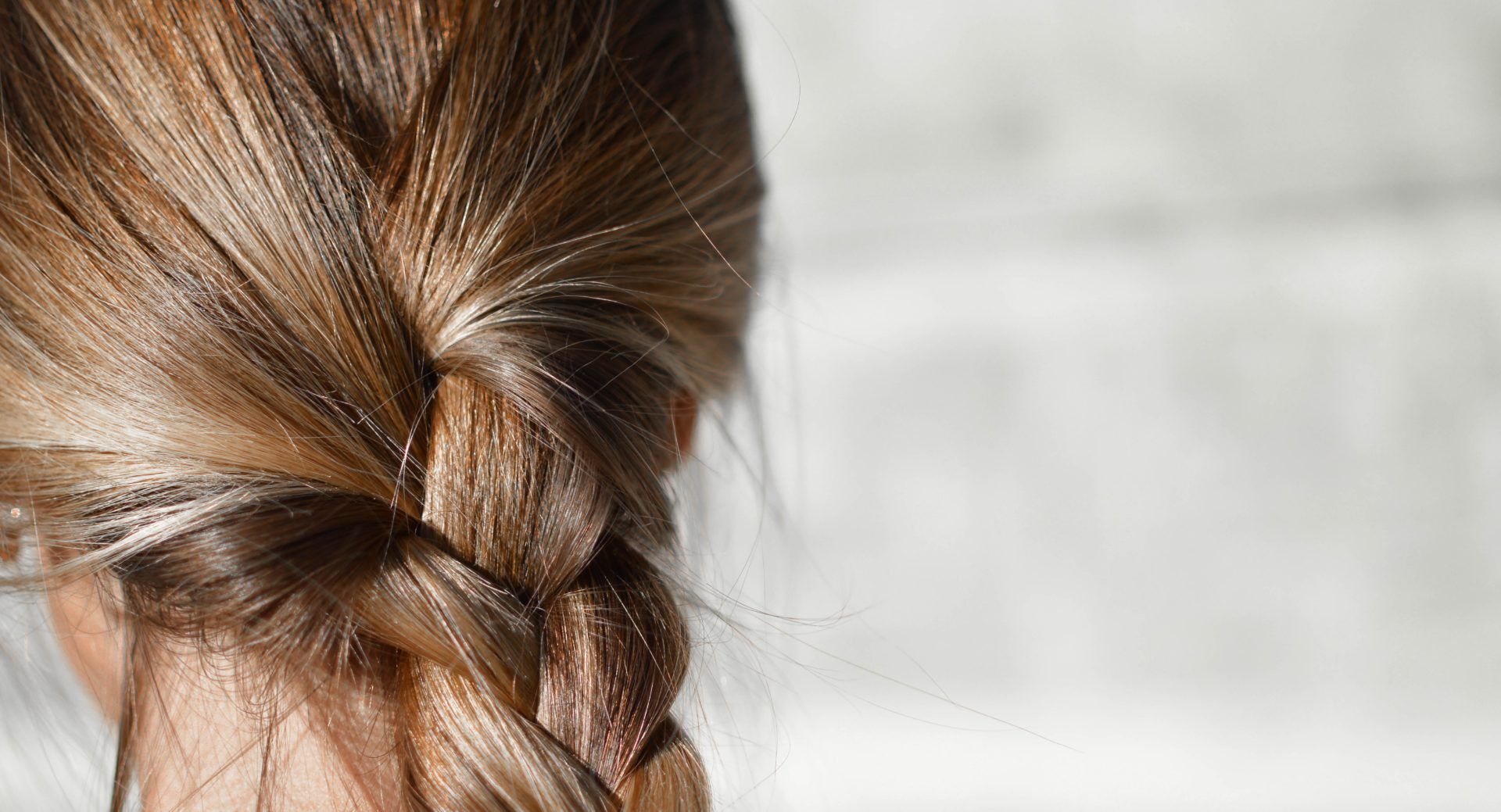Walk down any beauty aisle today, and you’ll see “CBD” and “hemp” stamped across countless hair conditioners. Both sound trendy and natural, but what do they really do—and how are they different? While both ingredients come from the same plant family, Cannabis sativa, their effects on your hair and scalp are surprisingly distinct.
Where They Come From
CBD, short for cannabidiol, is extracted from the flowers, leaves, and stems of the hemp plant—the parts rich in cannabinoids. Hemp seed oil, on the other hand, is cold-pressed from the plant’s seeds. And here’s the key difference: hemp seeds don’t contain cannabinoids, meaning there’s no CBD or THC in them.
That difference changes how each ingredient behaves in a conditioner. CBD is known for its interaction with the endocannabinoid system (ECS), a network in the body that helps regulate balance in the skin and scalp. Hemp seed oil doesn’t engage with the ECS but still delivers a punch of nutrients that can nourish hair naturally.
What CBD Brings to Hair Care
CBD-infused conditioners are designed to do more than just soften strands—they aim to treat the scalp at its source. Because CBD is rich in antioxidants and anti-inflammatory compounds, it may help calm irritation, reduce dryness, and support stronger hair follicles.
CBD also contains omega fatty acids (3, 6, and 9) that strengthen hair structure, seal moisture, and prevent breakage. People with dry or damaged hair, especially from heat styling or coloring, often find that CBD conditioners help restore natural hydration and shine.
Some users also report a healthier scalp balance and reduced flakiness over time, likely because CBD can help regulate oil production. Still, these formulas are typically more expensive due to the extraction process and concentration of cannabinoids.
The Benefits of Hemp Seed Oil Conditioners
Hemp seed oil is a hair care favorite for a reason—it’s lightweight, full of nutrients, and provides long-lasting moisture. It’s loaded with vitamin E, amino acids, and omega fatty acids, which help smooth the cuticle, reduce frizz, and promote shine.
Unlike CBD, hemp seed oil doesn’t have active cannabinoids, but that doesn’t make it less valuable. It’s an excellent natural conditioner that supports overall hair health, especially for those who want softness and hydration without heavy buildup or a higher price tag.
How to Choose Between CBD and Hemp
The best choice depends on your specific hair goals. If you’re simply looking for daily nourishment, a hemp-based conditioner will likely meet your needs beautifully. It’s ideal for adding shine and softness, particularly for normal or fine hair types.
If you’re struggling with scalp issues—like dryness, irritation, or weakened follicles—a CBD-infused conditioner may offer deeper benefits. Its anti-inflammatory and reparative properties can help restore balance while supporting hair growth and hydration from the root.
When shopping, take a closer look at the ingredient list. Genuine CBD products will list “cannabidiol” or “CBD extract,” often with a milligram strength. If you only see “hemp seed oil,” then you’re not getting CBD—even if the label’s marketing says otherwise.
The Real Takeaway
CBD and hemp both bring natural goodness to conditioners, but they’re not interchangeable. Hemp seed oil is a fantastic source of hydration and nutrients, while CBD offers targeted scalp benefits that go beyond surface-level conditioning. Knowing the distinction helps consumers invest in what their hair truly needs—and not just what’s trending on the label.

